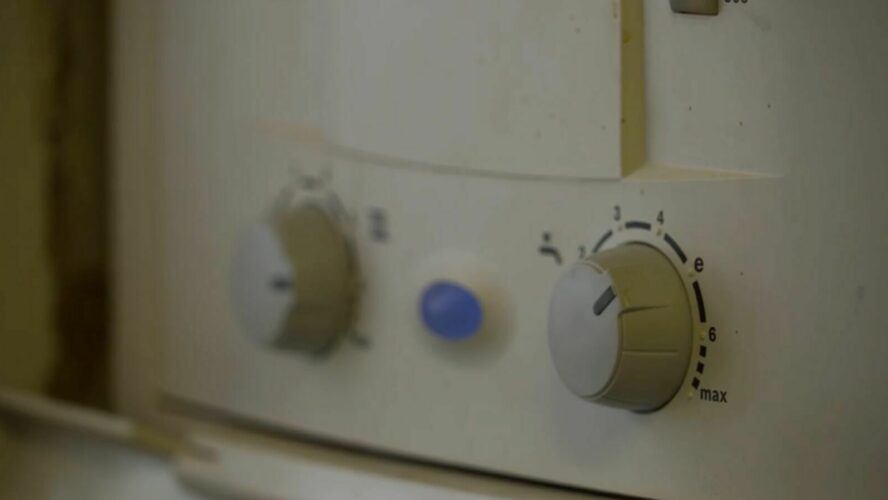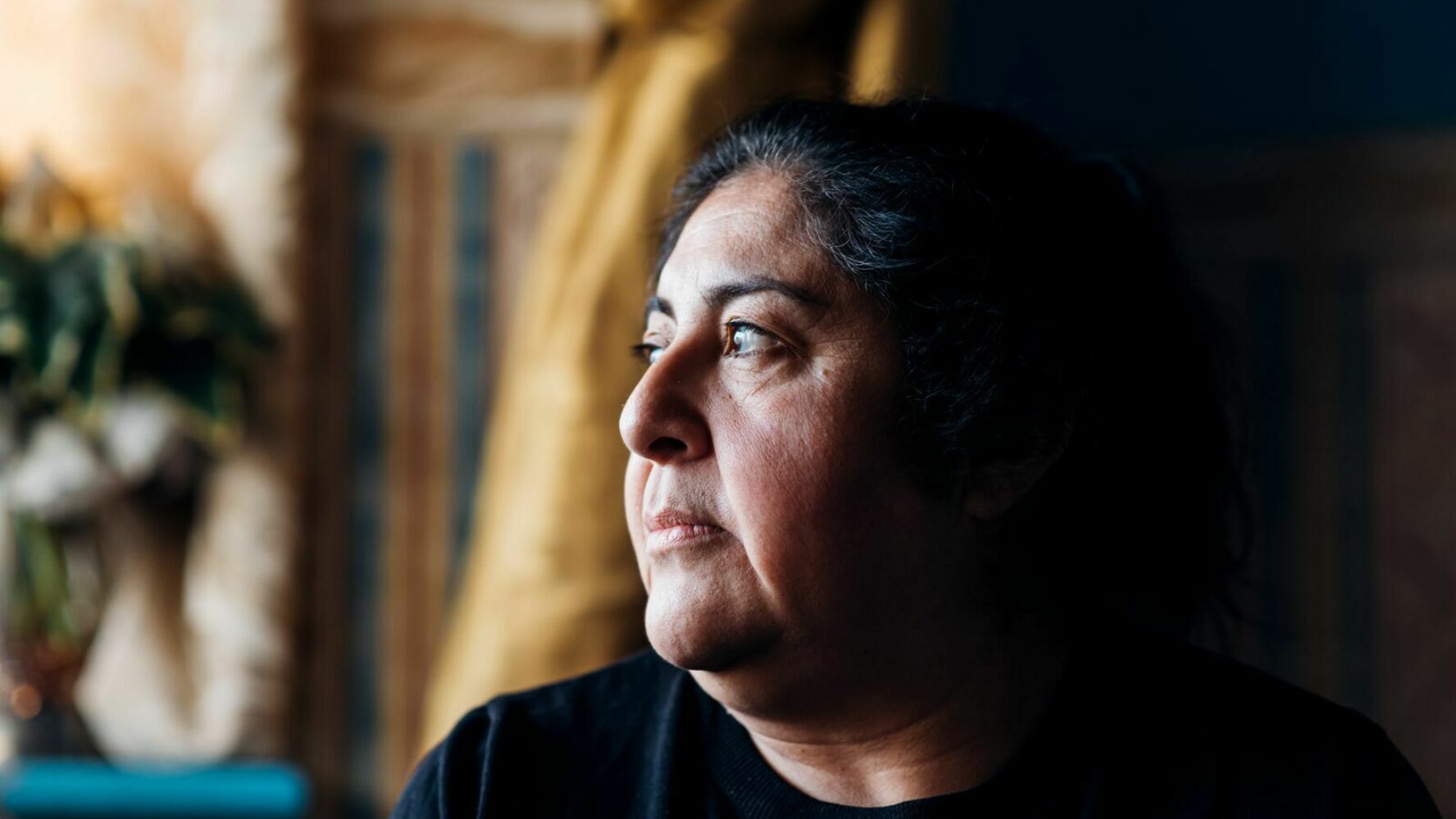
Charity warns people in debt are feeling more isolated now than during the COVID-19 restrictions.
On Mental Health Awareness Week (9–15 May), UK free debt help charity Christians Against Poverty (CAP) is releasing new stats today which show that despite lockdowns ending and COVID-19 restrictions being eased, the financial pressure from the cost of living crisis is leaving people in problem debt even more isolated.
-
Our latest survey shows that before seeking free debt help, three fifths (60%) of CAP’s clients felt lonely often or always (51% during COVID-19 restrictions October/November 2020)
-
Two fifths (40%) felt as though they hadn’t had a meaningful conversation in over a week (previously – 31%)
-
Two thirds (64%) often or always felt they had nobody to turn to when they had a problem (previously – 58%)
-
For more than two thirds (68%), debt meant they were scared to answer the phone
-
Two fifths (40%) were afraid to leave the house and more than half (55%) were too afraid to even answer a knock at the door
-
Worryingly, the proportion who thought no one could help has increased from 34% to 43% since COVID-19 restrictions were eased yourself can lead to other serious mental health challenges. I’d say to anyone out there, don’t suffer alone and in isolation, but get in touch today for some friendly support and see how we can help.’
CAP’s Director of External Affairs, Gareth McNab, says ‘For many of us, the easing of lockdown restrictions meant a thankful end to isolation, but for thousands of low income families struggling in debt and poverty, the isolation and loneliness they feel is actually getting worse due to the cost of living crisis and mounting debts.
‘Right now we know many people are feeling isolated, scared and forgotten as they struggle alone with their debts, not aware of the free help available. Alongside CAP’s free debt help, we also offer emotional support, and Life Skills courses to help people who feel isolated to connect with others and reduce loneliness.
‘Mental Health Awareness Week is encouraging people to start conversations about loneliness, which I wholeheartedly agree with. Living with the kind of constant anxiety that debt creates often leads to feelings of isolation and loneliness.’
A study from the Royal College of Psychiatrists found that half of all adults with a debt. The Mental Health Foundation identifies debt as creating a considerable burden, made worse by dealing with it alone.
Jonathan found himself in debt shortly after a family bereavement. “It was a very lonely and frustrating time. Even though I knew in my head that lots of people must struggle with debt, I felt like I was the only one — until I started engaging with CAP and saw that wasn’t the case. It definitely gave me hope that there was light at the end of the tunnel.‘
Gareth says, ‘Trying to struggle through debt by yourself can lead to other serious mental health challenges. I’d say to anyone out there, don’t suffer alone and in isolation, but get in touch today for some friendly support and see how we can help.‘
Contact CAP on 0800 328 0006 or visit capuk.org. You can also find out more about CAP through their social media channels by searching ‘Christians Against Poverty’.




